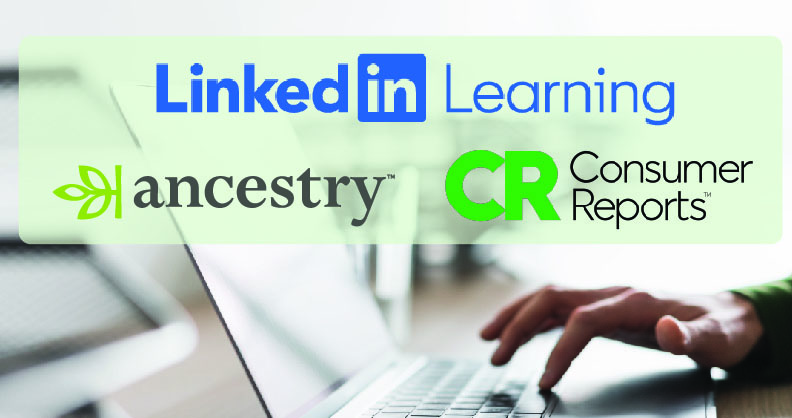Celebrating Juneteenth and Pride Month
By Julie Mills, Learning & Information Services Supervisor
Summer can be a great time to explore your inner activist. There are several ways one can go about making changes whether you are looking for a quiet revolution or attending marches in the streets. As I write this, Juneteenth, celebrated by African-Americans since the late 1800’s, was just honored by becoming a Federal Holiday. This is a wonderful start but there is still much more work to be done. Juneteenth commemorates the ending of slavery in this country, but not the end of racism. However, the celebration continues to resonate in new ways, given the sweeping changes and widespread protests across the U.S. over the last year and following a guilty verdict in the killing of Mr. Floyd.
Also, as I look ahead to next week, the fifty-second anniversary of the Stonewall Uprising is soon to be here along with the end of this year’s Pride Month celebrations. On June 28, 1969, there was a series of protests that centered around the Stonewall Inn, a gay tavern in New York City. This is meaningful as it marks a turning point in the movement for gay rights. The Stonewall uprisings became the symbol of resistance to the social and political discrimination for the LGBTQIA community and an international gay rights movement began.
“Freedom is a Constant Struggle: Ferguson, Palestine, and the Foundations of a Movement” by Angela Y. Davis is a collection of essays that connect the struggles here and around the world. Shining a light on the connections between Ferguson, Palestine, and Anti-Apartheid, the author shows us that what we need is a movement for human rights and liberation in the entire world. Throughout history there have been many battles fought for basic human rights and their legacies can continue to teach us and hopefully bring us together in the fight.
For adult patrons, there is “The Stonewall Reader”. It is an anthology published by the New York Public Library for the 50th anniversary of Stonewall and is edited by Edmund White. From the New York Public Library’s own archives, this is a collection of first-person accounts, journal entries, and many articles from that time. One key aspect of this book is to showcase both the myth and reality of the riots from the perspectives of everyone from participants to journalists.
Along the same lines but for young adult or juvenile readers, “The Stonewall Riots: Coming Out in the Streets” by Gayle Pitman is a collection of interviews and historical information leading up to and including the riots. Along with illustrations, there are photos, newspaper articles and historical artifacts. The interviews even include one with a woman who was ten years old at the time.
For a local connection to activism try “No Place Like Home: Lessons in Activism from LGBT Kansas” by C.J. Janovy. The author explores the reason why many LGBT people stay in such a red state, when it is better known that most leave Kansas.
When you find yourself feeling frustrated with the way things have always been done, it is critical to discover new ways to make a difference. Here are a few more books that may help you get started. “How I Resist: Activism and Hope for a New Generation” edited by Maureen Johnson is located in the Young Adult area, but is an excellent resource for adults as well. I especially enjoyed the prose by Junauda Petrus titled “Could We Please Give the Police Departments to the Grandmothers”. I personally believe the world would be better off for it!
Also, in the Young Adult section is “We Are Power: How Nonviolent Activism Changes the World” by Todd Hasak-Lowy. And for even younger readers there is “How to Make a Better World” by Keilly Swift located in the Children’s Room. These are two excellent books for budding young activists.
Perhaps you’re interested in learning more about these parts of U.S. history. Or maybe as a modern activist, you’re interested in learning more about the roots of the LGBT rights movement in order to start your own grass roots movement. Whatever the reason, the Manhattan Public Library has several selections to check out and help you learn more about what some call the beginning of Pride and ways to create a revolution.
Email us at refstaff@mhklibrary.org or call 785-776-4741 ext. 300 for other recommendations!

